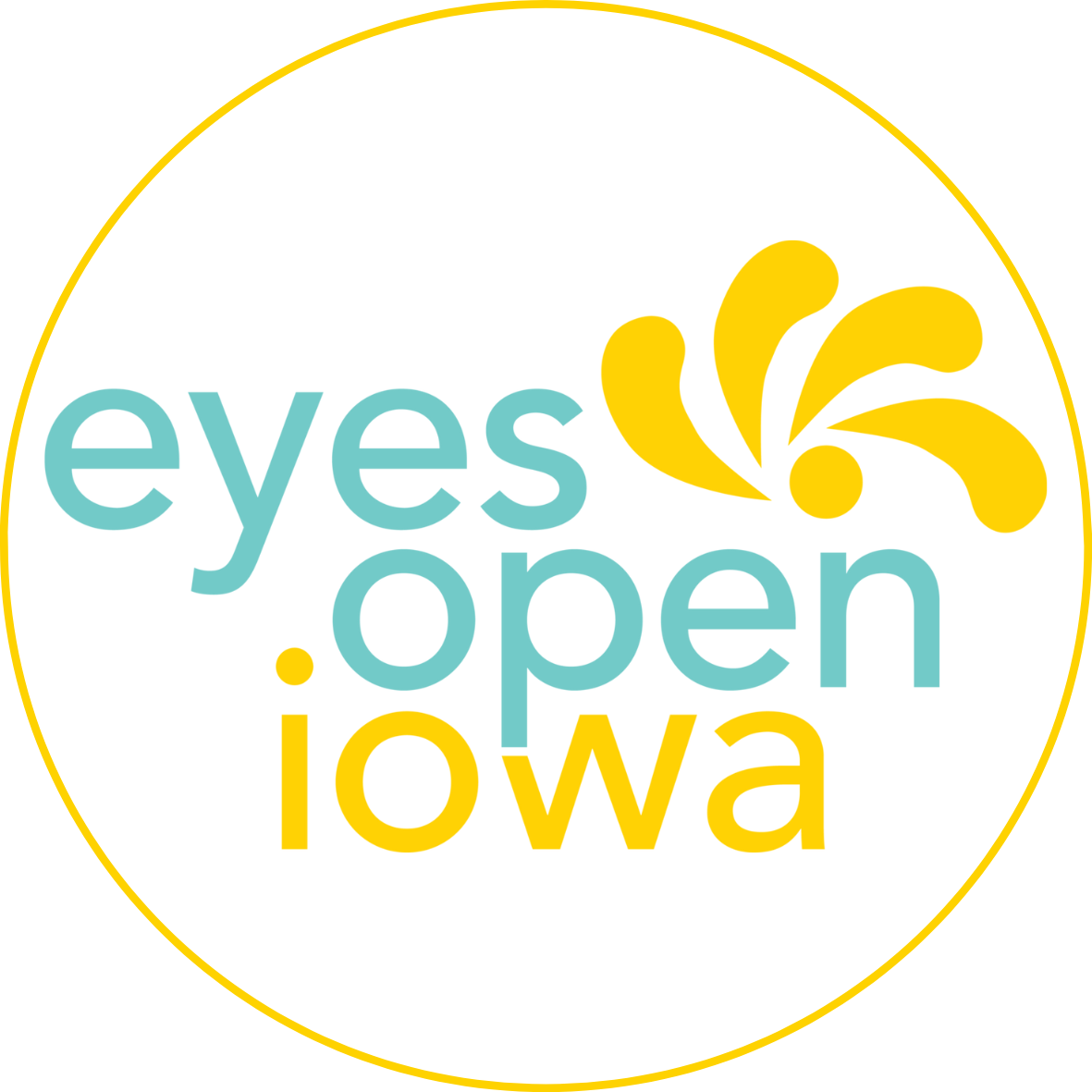Questioning my Education Practice: an interview with Kay Switzer, EOI Board member (part 1)
Recently, EOI’s Director of Development, Gail Cowan, sat down with Kay Switzer, EOI board member, to ask her about her own experience with sex education and her motivation for working in the field. Kay has been a mover and shaker in the reproductive world, dedicating her career to the advancement of reproductive rights. She has had time spent in the classroom teaching sex education to students as well as advocating for the Title X family planning program. This is part 1 of the interview. Part 2 will be featured in our next newsletter.
Gail: What’s your earliest memory of sex education?
Kay: When I was in third grade, I remember learning about the human body. We had lessons on the lungs, heart, and stomach. I vividly remember learning about the three bones in our ears from our student teacher. As I sat there filling out labels for each organ on my worksheet, I couldn’t shake the feeling of “what if there are more organs in the body that they are not telling us about?”
Gail: Did you continue to receive sex education? How did it change as you got older?
Kay: When I was in fifth grade, I remember a puberty talk. Boys and girls were separated to watch Just Around the Corner videos. I was fascinated. I was not menstruating, but the process was intriguing. It could have been the fact that it was taboo or that adults kept the information from us. After watching the videos, we received puberty packs – pads, deodorant, sanitary wipes, etc. I remember our teacher saying, “I spent money out of my own pocket to provide these for you.”
Then when I was in eighth grade, the boys and girls watched each other’s videos together. There were many laughs and silly questions. I was too afraid to ask the questions I wanted answers to because it was so much deeper than what my peers wanted to know. I wanted to know:
● Why is this awkward?
● Why can’t you just provide the facts?
● Why is the principal looking in on the class only on puberty days?
Gail: Tell me about your experience with sex education in high school.
And when I was in tenth grade, I remember deciding what health classes to take. The options were sparse – Sex Education, Mental Health, and Family Health (which included carrying a baby doll around for two weeks). I remember my teacher showing us condoms but explaining that she couldn’t show us how they worked because the school was against it. If parents didn’t want their child learning about sex education, that student was put in one of the other classes. The only other class that touched reproductive health was anatomy and physiology.
When I took my high school health class, my teacher overshared personal details. I thought to myself, “Why does it matter that you first started menstruating on Christmas day in 5th grade?” I did not need to know that she got on birth control after her child was born. She made it seem like birth control was only an option after you had a child. I was bold that day and I asked, “but do you NEED to be on birth control?” My teacher looked a little stunned and replied, “well it’s up to you.” This was the only affirming thing I remember learning. It’s UP TO ME to decide what is right for my body. She may not have intended that to be the answer, but it was mine.
Gail: How did these experiences shape your professional interest in sex education and the work you do now?
Because health class was always my favorite, I took every opportunity to be in a class where this was the subject material. I was so lucky to have six classes that talked about sex education, but it still wasn’t enough. There were holes in the education. I always wondered why it was so hard for people to talk about these topics. Now I know.
Sex Education should always be the primary responsibility of the parent or caretaker to address at home. But what happens when our parents/caregivers are too uncomfortable with the topic? Their children extend the cycle of misinformation. This leaves the education up to the public school system, which is governed and influenced by religious teachings and personal values (even when it should not be this way). Young people deserve factual information, untainted by personal bias and coercion.
In my case, I was heavily influenced by the religious values of my family. I was expected to marry a man, have babies, and never advocate for my bodily autonomy. This naturally skewed the importance of sex education in my family. I was expected not to have sex until I was married, and therefore didn’t need information about sex. But despite the peer pressure of shaming sex practices, I wanted to learn as much as I could to help other people in my situation. Knowledge is power.
I knew that what I was being told was not applicable to me. As a child-free person and someone who has known they are part of the LGBTQ+ community since childhood, I didn’t feel represented. If I was not supposed to have sex until I was married, did that not apply to queer folks? Why were there so many rules for straight couples and none for me? It just felt confusing. We just danced around all of these topics.
At EOI, the work we are doing is helping young people make healthy decisions for themselves. We are breaking the cycle of misinformation. It is up to us to advocate for our own bodies and for the education of younger generations. Together, we are making this vision a reality.
